
Study of 900 COVID-19 patients finds: Vitamin helps restore physical strength faster

COVID-19 remains a significant global health burden, even as we enter the post-pandemic phase. Many people continue to suffer from long COVID symptoms, where respiratory issues are often accompanied by severe physical weakness, making it difficult to perform normal daily activities.
Alarmingly, COVID-19 cases are rising again with new variants that spread rapidly.
Recently, Kiel University, a prestigious university in Germany, published a study in the journal Nature Metabolism examining the effects of niacinamide (vitamin B3) supplementation in patients with mild to moderate COVID-19. The results showed that taking niacinamide helped patients recover physical strength faster and return to normal activities sooner.
This clinical study was a randomized, double-blind, placebo-controlled trial with prognostic intent. A total of 900 symptomatic outpatients were enrolled and randomly assigned to receive either 1 gram of niacinamide daily (500 mg immediate-release and 500 mg extended-release) or a placebo for four weeks. Safety data were collected from all 900 participants; efficacy data were mainly analyzed in the subgroup at high risk of developing severe COVID-19 (called the RFITT group).
The results showed that niacinamide supplementation improved COVID-19 symptoms. Among the high-risk group, 57.6% of those taking niacinamide recovered physical strength by the second week, compared to 42.6% in the placebo group.
Those on niacinamide also regained the ability to perform normal activities faster than those on placebo. Regarding severe cough symptoms, the results were nearly statistically significant. While showing a trend of improvement, niacinamide was also more effective than placebo in reducing shortness of breath and improving physical function scores on the SF-36 questionnaire. Subgroup analysis indicated that individuals with a history of lung disease or smoking might particularly benefit from niacinamide, with no clear differences between genders.
To evaluate changes in the gut microbiome due to intervention, researchers analyzed patients’ stool samples. Although intrinsic gut bacterial diversity and richness did not change significantly, beta-diversity analyses revealed clear differences between the niacinamide and placebo groups at weeks 2 and 4, though the effect size was small. Notably, symptom severity correlated with microbiome shifts in the placebo group.
At week 2, the placebo group showed increased microbial biosynthesis pathways (tryptophan, phenylalanine, methionine, and lysine), redox pathways, and NAD+ biosynthesis, whereas the niacinamide group did not. This suggests that placebo users may experience relative NAD+ biosynthesis deficiency and altered tryptophan metabolism, which niacinamide effectively prevented. Niacinamide helped restore gut microbiome function in COVID-19 patients closer to healthy status, protecting it from imbalance caused by COVID-19.
Because the COVID-19 cases in the study were relatively mild, the incidence of long COVID was low. However, in the high-risk group receiving niacinamide during the acute phase, it showed clear efficacy in preventing long COVID. Regarding safety, there was no significant difference in adverse effects between the niacinamide and placebo groups.
COVID-19 is characterized by decreased NAD+ levels, a crucial factor in protecting the body against viruses. Niacinamide is a precursor of NAD+ and plays a key role in cellular metabolism and immunity. Its antiviral properties have been recognized in various viruses, including HIV.
The gut microbiome changes observed in this study align with complex dysbiosis associated with COVID-19 reported in other studies. Though microbial taxonomy shifts were mild and inconsistent, functional changes were significant, emphasizing the importance of microbiome function rather than just bacterial composition.
This large-scale clinical trial demonstrated that niacinamide intervention (1000 mg, combining intestinal release and systemic absorption forms) helps patients recover faster from key COVID-19 symptoms. This supports prior observations that COVID-19 depletes NAD+, disrupts tryptophan metabolism, and alters host-microbiome interactions. Niacinamide also modulates microbiome function related to COVID-19, bringing it closer to a healthy state.
Niacinamide (Vitamin B3) Content in Common Foods:
-
Beef (100g): about 4-5 mg
-
Tuna or Salmon (100g): about 10-20 mg
-
Soybeans (100g): about 2-3 mg
-
Peanuts (100g): about 17 mg
News in the same category


Woman gets meningitis from a food that is in every house's refrigerator

25-year-old man pees "strange green liquid" and falls into a deep coma due to deadly poison commonly found in a popular dish

3 Common Household Items Loaded with Toxins: Many Families Use Them Daily Without Realizing the Danger

What to Do If You Catch the New COVID-19 Variant: Expert Tips for Easing 4 Common Symptoms

I'm a doctor and I threw my air fryer in the BIN - and you should too for ca.n.cer reasons

3 types of meat are "nests of parasites" if cleaned carelessly, many people still rush to eat them without knowing

Suffering from a prolonged choking sensation, thought to be a stomach problem, the woman accidentally discovered that her thyroid gland had CAN.CER
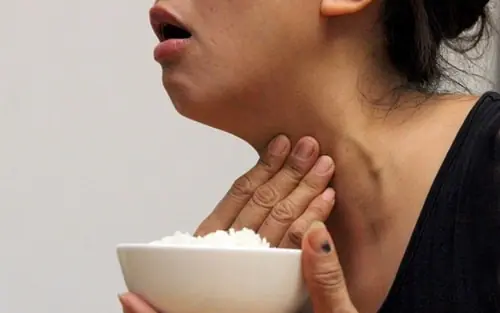
Persistent Throat Tightness Mistaken for Gastric Issues—Woman Discovers Thyroid Can.cer by Accident

4 parts of chicken you should not eat

Drinking coffee at the wrong time can ha.rm your heart
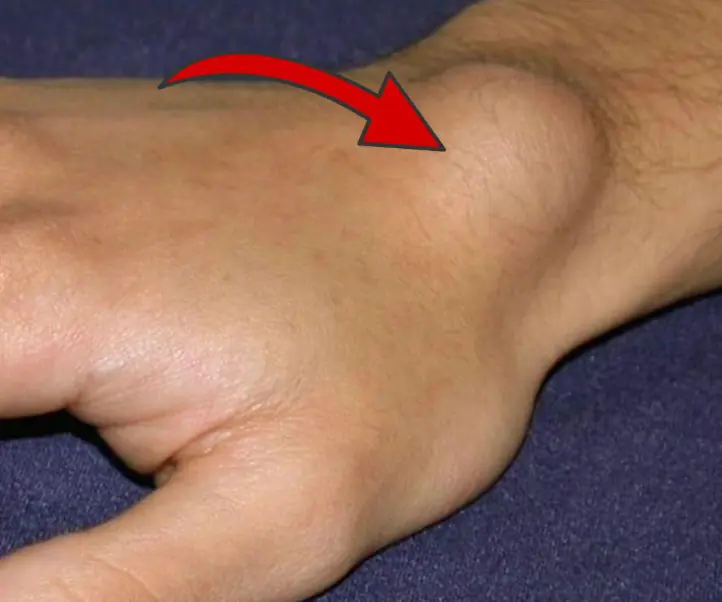
6 wa.rning signs your bo.dy might be “nurturing” can.cer

5 effective liver de.tox drinks to have before bed

3 Fruits That May Harbor Parasites – Eat with Caution to Avoid Illness
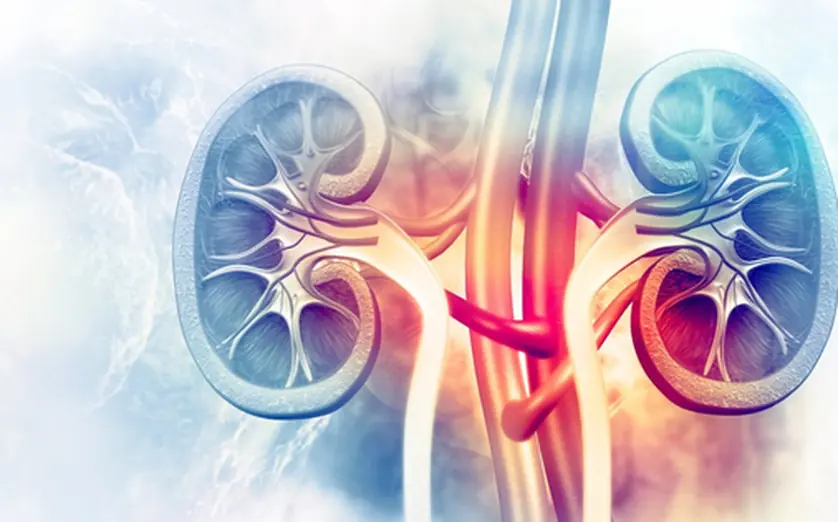
Waking up in the morning and seeing this symptom, be careful your kidneys are starting to fail
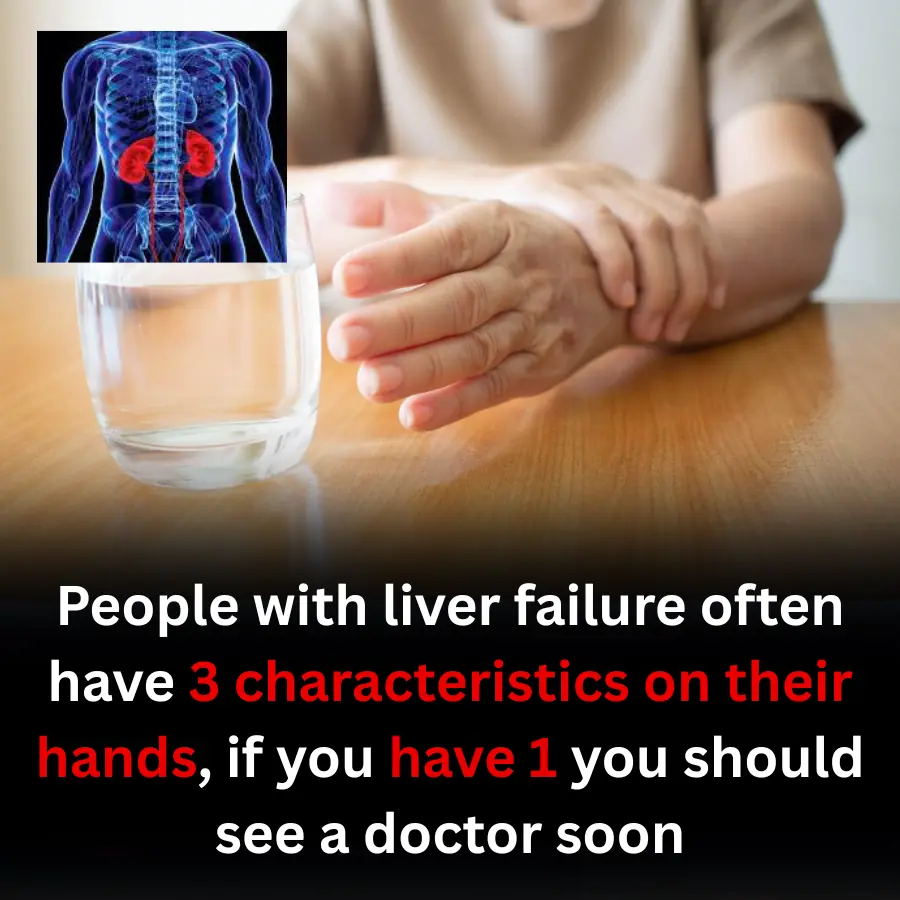
People with liver failure often have 3 characteristics on their hands, if you have 1 you should see a doctor soon

Man with heavy metal poisoning, kidney failure: The "culprit" is something unexpected

The man did not drink alcohol but di,ed of liver failure, the doctor sighed: Eating these 4 dishes every day will ruin even a "steel liver"!

3 Cooling Foods for Summer That Help You Relax and Sleep Better
News Post

Why smart people always do that?

Stop Charging Your Battery to Full — This Proven Method Protects It from Damage and Keeps It Running for a Decade
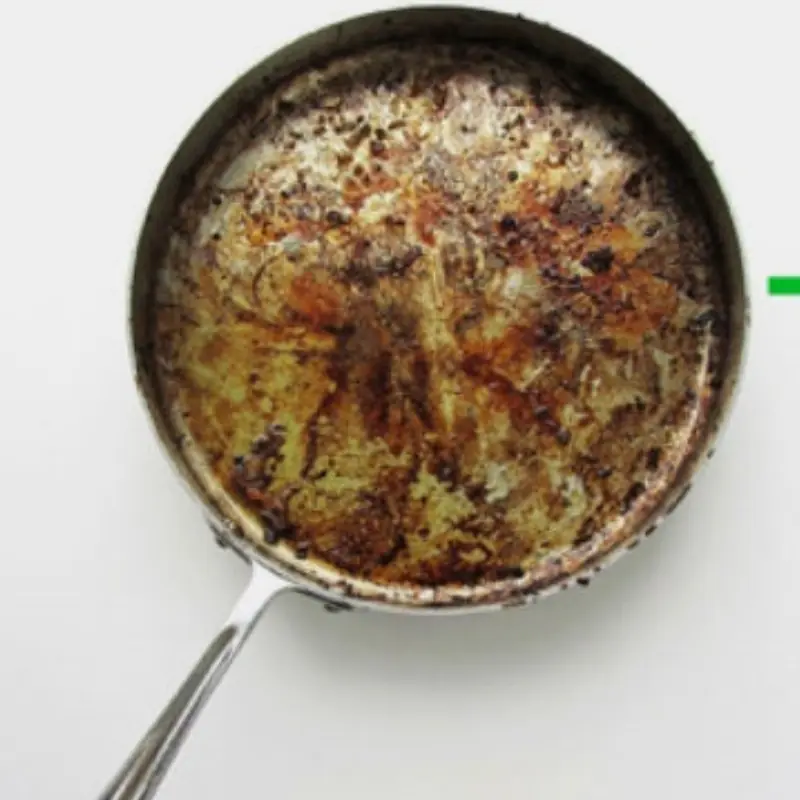
Don’t Scrub Burnt Pots and Pans with a Metal Brush – Try This Simple Trick and Make Them Shine Like New in Minutes

COVID-19 returns, advice for middle-aged and elderly people: Touch 2 things less, eat 3 dishes more, do 4 things well, strengthen immunity

It's Not Your Air Conditioner This Hidden 'Power Thief' Is Draining Your Wallet

Woman gets meningitis from a food that is in every house's refrigerator

25-year-old man pees "strange green liquid" and falls into a deep coma due to deadly poison commonly found in a popular dish

Warning: These 4 household items are "formaldehyde storage", the whole family is "poisoned" without knowing it

Secret to Keeping Chilies Fresh for 6 Months: Every Home Cook Should Know This!

3 Common Household Items Loaded with Toxins: Many Families Use Them Daily Without Realizing the Danger

What to Do If You Catch the New COVID-19 Variant: Expert Tips for Easing 4 Common Symptoms

I'm a doctor and I threw my air fryer in the BIN - and you should too for ca.n.cer reasons

How Long Can Pork Be Kept in the Fridge Before It Becomes Unsafe to Eat? Expert Warns: After This Time, It’s Full of Parasites
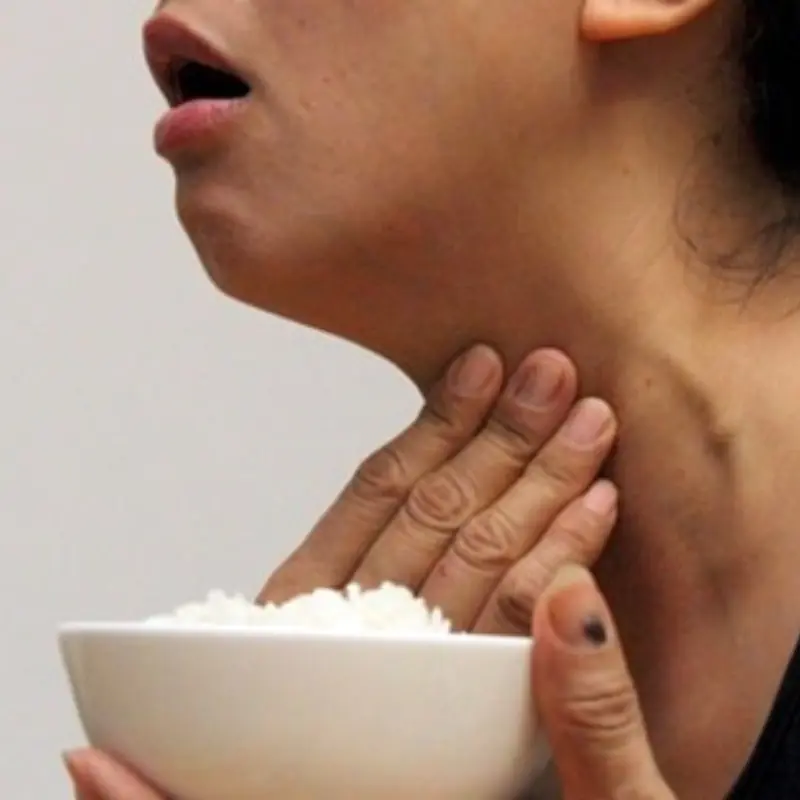
Persistent Throat Tightness Mistaken for a Stomach Issue — Woman Accidentally Discovers She Has Thyroid Cancer

6 Household Items That Seem Harmless but Secretly Block Prosperity and Disrupt Your Life

"5 no's" when eating water spinach, know to avoid or you will bring disaster

3 types of meat are "nests of parasites" if cleaned carelessly, many people still rush to eat them without knowing

A familiar type of water contains 240,000 microplastic particles: It will increase 2-4 times if you do this
